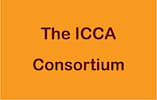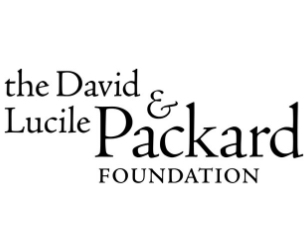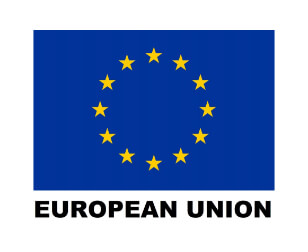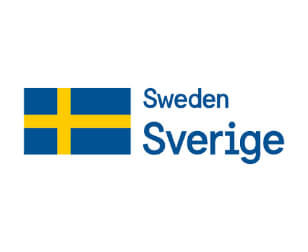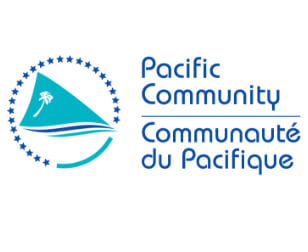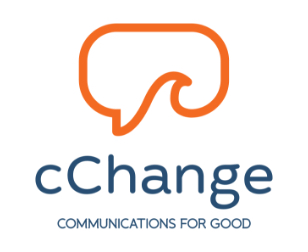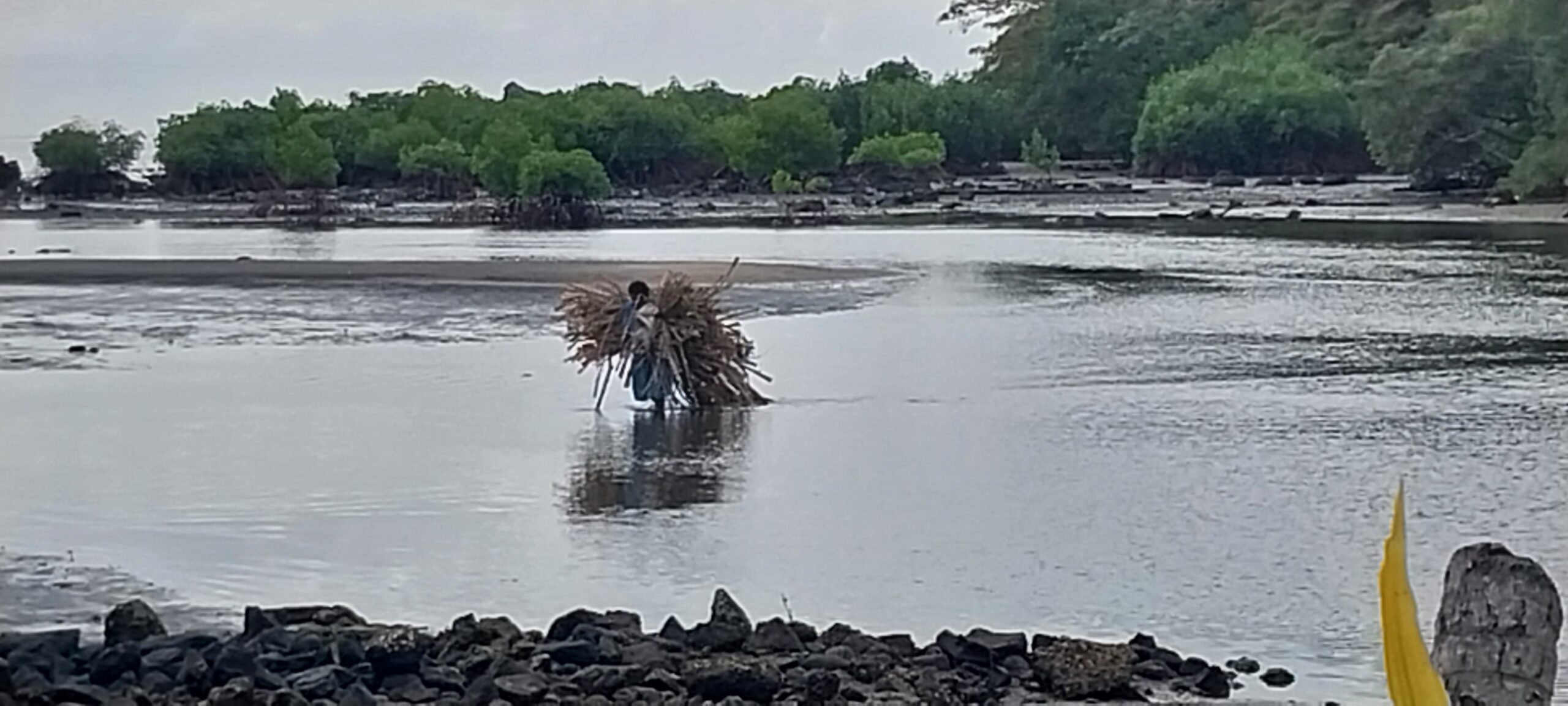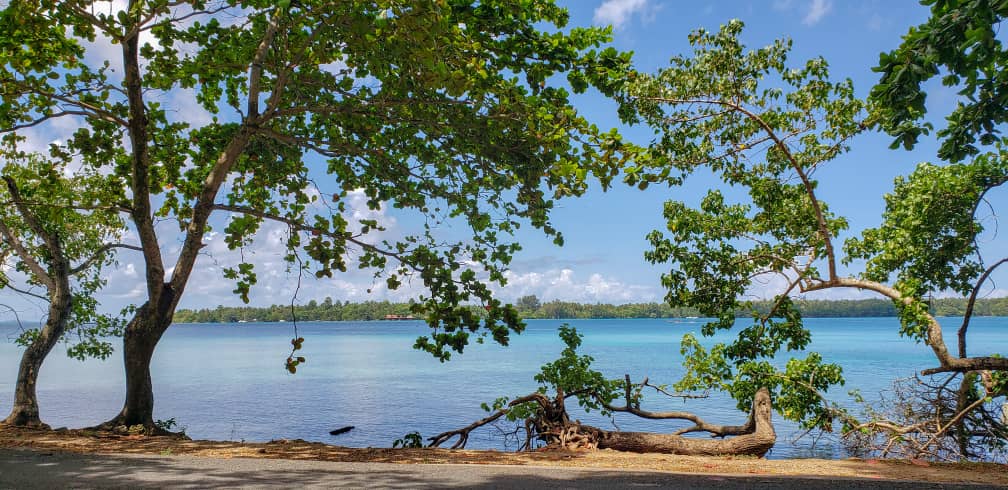“Women’s roles in fisheries and fishing communities must be recognised, documented and heard to address food security, eradicate hunger and poverty, support economic growth, and build resilient nations”
– Lavenia Naivalu, Fiji’s LMMA Network International representative at the UN Ocean Conference.
A round table about Leveraging Human Rights and Gender Equity to Achieve SDG 14 was convened on day five of the UN Ocean Conference in Lisbon, Portugal.
Our LMMA Network International representative, Lavenia Naivalu, the Nacula District Representative from Yasawa Islands in Fiji, was an invited speaker to share her insights about empowering women fishers in Fiji.
In her district of Nacula, women fishers play important role in fisheries sector, contribute to food security, eradicate hunger and poverty, support economic growth, and build resilient nations. Everyday, weather permitting, women fishers catch fish and collect shellfish to feed their families and sell catches to earn money to pay for their children’s education and medicines, etc. They fish on reefs, in mangrove swamps, mudflats, seagrass beds, and they also cook and sell their husband’s catch.
Despite the many roles women fishers play, their contributions are under-recognised, undocumented, and their voices silenced by other voices. Women struggle to be included in decision-making processes, which affects their ability to fish and to feed their family and their communities.
Watch Ms Naivalu Q&A panel discussion where she highlights the importance of everyone working together – Government, NGOs, traditional leaders and communities – thanked the “tireless efforts and support from community members to protect their traditional fishing grounds.”
But there is some good news. Change is happening and women fishers are making headway in the fisheries sector in Fiji.
So, what are some of the enabling factors that are empowering women fishers?
Due to policy changes at the national level, women fishers are increasingly participating in fisheries management decisions within their villages. For example, Fiji’s National Gender Policy which is aligned to Fiji’s 2013 Constitution has enabled women to take leadership roles that were once male dominated.
Ms Naivalu mentioned how this policy enabled her to be appointed as the District Representative for the District of Nacula, Yasawa. This is the first for an I’ Taukei woman (Indigenous Fiji woman).
Also through this policy women’s contributions are being recognised and more visible.
In support of such policy changes there are various capacity empowerment workshops provided by national and provincial government, and regional and local partners such as the UNDP, WWF, FRIENDS, and industry partners such as hoteliers in local areas.
For Ms Naivalu, support from the District Chief Tui Drola, the various Mata ni Tikina and the community at large further enables her to get on with her job as a District representative.
Read more about Lavenia Naivalu advocacy on the global stage at the UN Ocean Conference here and here.
The participation of Mrs Lavenia Naivalu to the UN Ocean Conference has been made possible thanks to the financial support of the Packard Foundation through the ICCA Consortium and the PEUMP Programme.
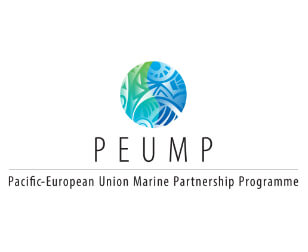
The PEUMP programme is a EUR 45M Pacific regional initiative funded by the European Union (EU) and the Government of Sweden, working in partnership with the Pacific Community (SPC), Secretariat of the Pacific Environment Programme (SPREP), Forum Fisheries Agency (FFA) and the University of the South Pacific (USP) to implement activities across six key result areas in 15 Pacific countries.


